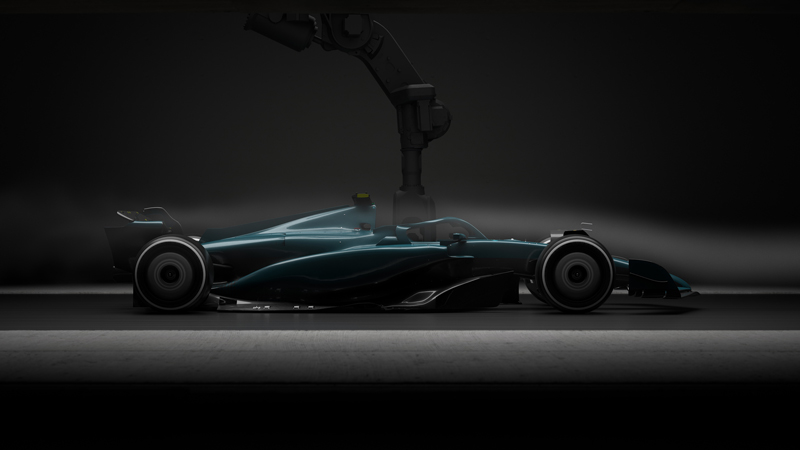During the COVID-19 crisis, Formula 1 engineers from the Mercedes-AMG Petronas F1 team played a crucial role in designing a revolutionary breathing aid to support patients with respiratory failure. Collaborating with University College London (UCL) and the NHS, the engineers developed a Continuous Positive Airway Pressure (CPAP) device that helped COVID-19 patients avoid invasive ventilation.
The project, known as the ‘UCL-Ventura’, utilised aerodynamic principles borrowed from F1 car designs to optimise airflow efficiency in the device. A study in The Lancet Respiratory Medicine found that CPAP therapy reduced the need for invasive mechanical ventilation in COVID-19 patients by 50%, significantly alleviating the burden on intensive care units across Europe.
Formula 1’s ability to rapidly prototype and manufacture precision-engineered components played a vital role in the speed at which these devices were developed and deployed. Within four weeks, over 10,000 CPAP devices were delivered to hospitals across the UK and Europe. The success of this initiative demonstrated how high-performance engineering expertise could be redirected to solve urgent healthcare challenges.
The Mercedes-AMG team’s work did not stop at CPAP devices. Engineers continued to explore applications of aerodynamic optimisation in medical devices, including improved oxygen delivery systems and non-invasive respiratory support solutions, highlighting the broader potential of motorsport technology in healthcare.
Reference: Nightingale, R., Nwosu, N., Kutalo, H., et al. (2020). The development of a CPAP device for COVID-19 patients using F1 engineering principles. The Lancet Respiratory Medicine, 8(11), 1076-1084. https://doi.org/10.1016/S2213-2600(20)30376-6
